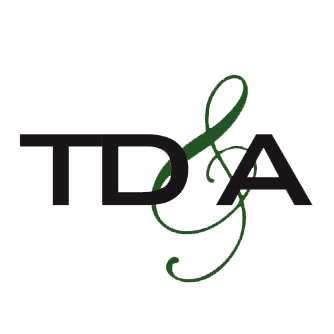Donating Retirement Assets
Anyone can absolutely donate their retirement assets to charity. This can either be done during your lifetime or upon your death through your estate plan. When and how a donation is made to a charity can have significant impacts on taxation and the ultimate distribution amount the charity-beneficiary receives.
If electing to donate retirement assets during your lifetime, you will cash out part of your retirement account, pay the income tax associated with the distribution, and donate the proceeds. As one can imagine, this leads to minimal tax advantages. There is one exception to this taxable lifetime distribution for individuals aged 70 ½ or older. If you are 70 ½ years old or older, you can donate up to $100,000 from your IRA directly to a qualified charity without having to pay income taxes. This exception is only applicable to IRAs and is done instead of the individual receiving their required minimum distributions. This is known as a qualified charitable distribution or IRA charitable rollover.
If electing to donate your retirement assets upon your passing, through your estate plan, the benefits increase. The tax advantages alone are quite enticing, as neither your estate nor your heirs will pay income taxes on the distribution and your estate will receive a tax deduction for the charitable contribution to offset estate taxes. Additionally, charities do not pay income taxes, so the full amount of the distribution will be available to the charity. And, it can be divided amongst multiple charities, in percentages of your choosing through beneficiary designations.
To ensure your legacy is carried on through a cause you support, Tresp, Day, & Associates, Inc. can guarantee that your assets will be donated accurately according to your estate plan. Call us at (858) 755-6672 or email us at email us here to schedule a free consultation!

